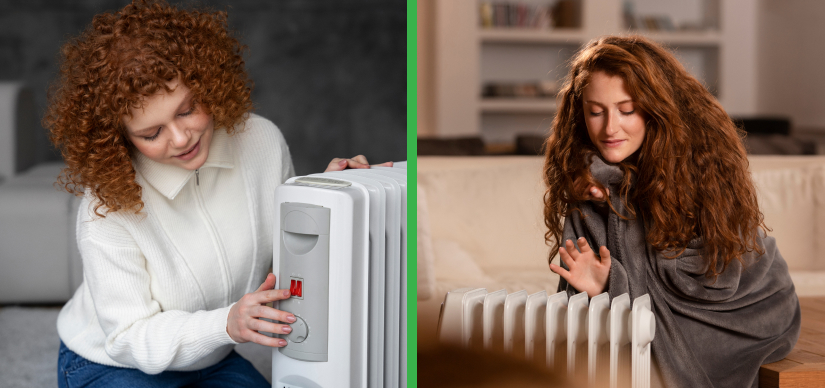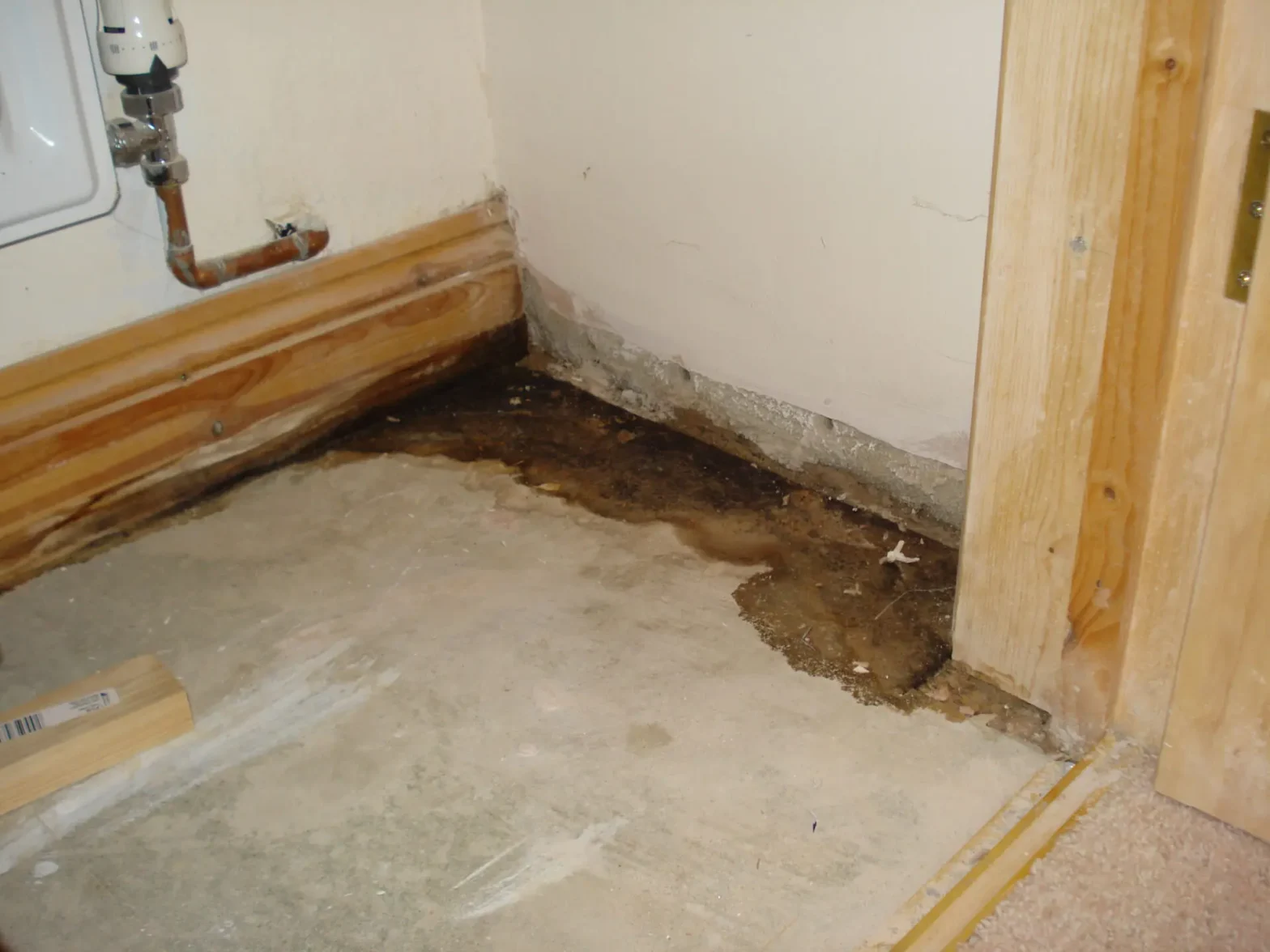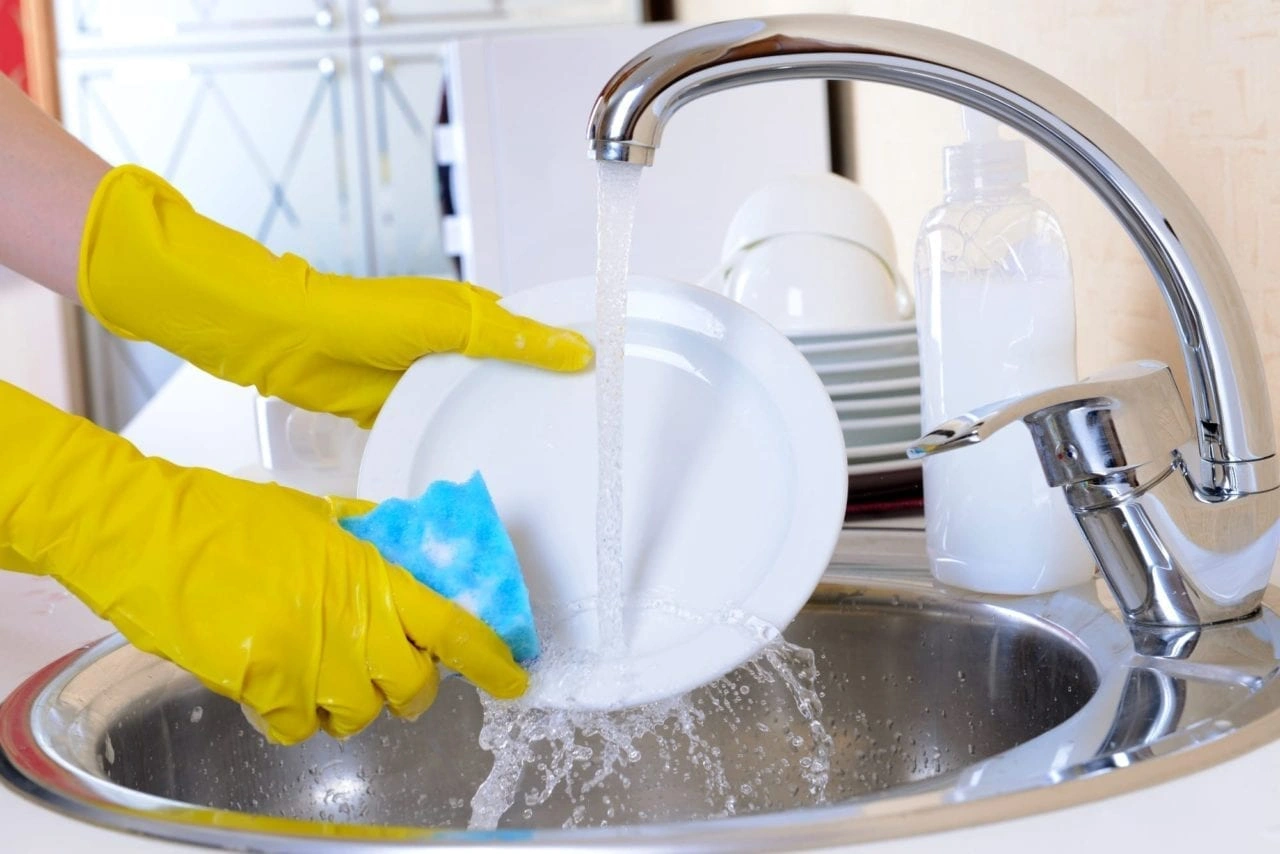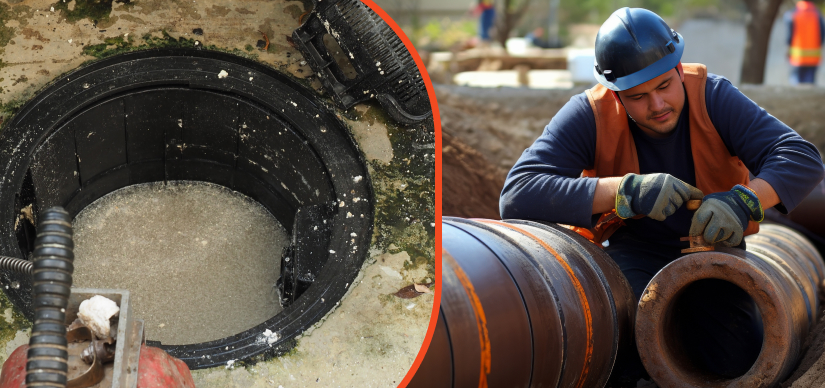Saving Money and Energy: How a Heater Tune-Up Can Help
As the chilly winds of winter approach, homeowners across the globe turn to their trusty heating systems to keep the cold at bay. Still, the effectiveness and dependability of your heating system are determined by factors more than just flicking a switch. It requires frequent maintenance and attention, and a heater tune-up is handy.
In this detailed article, we’ll look at the advantages, showing how this easy yet vital repair can save you money and energy while keeping your house warm and cozy during winter.
Understanding the Home Heating System Tune
A tune-up is a preventative maintenance service meant to improve your heating system’s efficiency. Regular tune-ups ensure that your conventional furnace, water heater, or home heating system performs efficiently.
A water heater tune-up is necessary for various reasons, and its significance cannot be emphasized, particularly as the colder months approach.
Key reasons for scheduling a heating tune-up service
Enhanced Comfort: A well-maintained heating system provides consistent and comfortable warmth throughout the home. Uneven heating, sudden temperature fluctuations, or unexpected breakdowns can lead to discomfort and inconvenience, especially during the colder months. A tune-up ensures your system operates at its best, maintaining a comfortable indoor environment.
Improved Safety:Safety is a paramount concern when it comes to heating systems. Regular tune-ups include safety checks to identify and address potential hazards. This is particularly important for gas systems, as any issues with gas connections or the heat exchanger could pose serious risks. Timely maintenance helps mitigate these risks, providing peace of mind for homeowners.
Prevention of Emergency Breakdowns: A heater tune-up is a proactive measure that helps identify and rectify potential issues before they escalate into emergency breakdowns. The last thing anyone wants is to be left without a functioning heating system during the coldest days of the year. Tune-ups help ensure the reliability of your heating system.
Cost Savings in the Long Run: While some homeowners may hesitate to invest in regular tune-ups, the cost savings over time are significant. A well-maintained heating system’s improved efficiency and longevity can lead to reduced energy bills, fewer repair expenses, and avoidance of the high costs associated with emergency breakdowns.
Environmental Impact: An efficiently operating heating system doesn’t just benefit your wallet; it also has positive environmental implications. Reduced energy consumption means lower greenhouse gas emissions, contributing to a more sustainable and eco-friendly household.
Compliance with Warranty Requirements: Many heating systems have manufacturer warranties that require regular maintenance, including professional tune-ups, to remain valid. Neglecting regular tune-ups could void these warranties, leaving homeowners responsible for the total cost of any repairs or replacements.
The Components of a Heater Tune-Up
Heating Appliance Inspection: A professional technician will inspect your heating appliance thoroughly, checking for any signs of wear and tear, corrosion, or damage. This includes examining the burner, ignition system, and other critical components.
Cleaning and Lubrication: Dust and debris can accumulate within your heating system over time, hindering its efficiency. A tune-up involves meticulously cleaning these components, ensuring they operate smoothly. Additionally, lubrication of moving parts reduces friction and prevents premature wear.
Airflow Assessment: Adequate airflow is crucial for efficient heating. Technicians check and clean air filters, vents, and ducts, ensuring proper circulation and preventing strain on your heating system.
Thermostat Calibration: For precise temperature control, a properly calibrated thermostat is required. The technician will calibrate and test your thermostat during a tune-up to ensure it reacts appropriately to your settings.
Safety Checks: Ensuring your heating system operates safely is a top priority. Technicians will examine gas connections, inspect the heat exchanger, and test safety controls to mitigate potential hazards.
Benefits of a Heater Tune-Up
Improved Energy Efficiency: A well-maintained heating system operates more efficiently, consuming less energy to produce the desired level of warmth. This translates to lower energy bills and reduced environmental impact.
Extended Appliance Lifespan: Regular tune-ups can significantly extend the lifespan of your heating system. You can avoid costly repairs or premature replacements by addressing minor issues before they escalate.
Enhanced Comfort: An optimally functioning heating system provides consistent and comfortable warmth throughout your home. Say goodbye to uneven heating or sudden breakdowns during the coldest days.
Cost Savings: While some may hesitate to invest in a tune-up, the cost savings over time are undeniable. Your heating system’s improved efficiency and longevity can lead to substantial financial benefits in the long run.
Prevention of Emergency Breakdowns: A heater tune-up is a proactive maintenance that helps identify and rectify potential issues before they escalate into emergency breakdowns. This can be especially crucial during the peak of winter when a malfunctioning heating system can lead to discomfort and inconvenience.
Water Heater Tune-Up
In addition to the general benefits of a tune-up, specific attention to water heaters is essential. Water heater maintenance services focus on optimizing the performance of your water heating system, ensuring a reliable supply of hot water for your daily needs.
Flushing the Tank: Sediment buildup in the water heater tank can compromise efficiency. A tune-up involves draining and flushing the tank to remove sediment, allowing the heating element to function more effectively.
Anode Rod Inspection: The anode rod plays a crucial role in preventing corrosion within the water heater tank. Technicians will inspect and, if necessary, replace the anode rod to maintain the water heater’s longevity.
Temperature and Pressure Valve Check: The temperature and pressure relief valve is a safety feature that prevents excessive pressure buildup. Technicians will test and ensure the proper functioning of this valve during a water Heating appliance tune.
Heating Equipment Tune for Home Heating Systems
Home heating systems, encompassing various appliances, such as furnaces, boilers, and heat pumps, benefit significantly from regular tune-ups tailored to their specific needs.
Furnace Tune-Up: A furnace tune-up includes inspecting and cleaning the burners, checking the blower motor, and ensuring the overall efficiency of the heating process.
Boiler Tune-Up: Boilers require specialized attention, including checking the water levels, inspecting the pressure relief valve, and ensuring proper circulation within the system.
Heat Pump Tune-Up: Heat pumps operate year-round, providing both heating and cooling. A tune-up involves checking refrigerant levels, cleaning coils, and ensuring a seamless transition between heating and cooling modes.
Conclusion
A heater tune-up is more than just a normal repair; it’s an investment in your home heating system’s lifetime, efficiency, and comfort. A tune-up may save you money on energy costs, avoid emergency failures, and extend the lifespan of your heating appliances by addressing possible concerns before they become serious problems.








